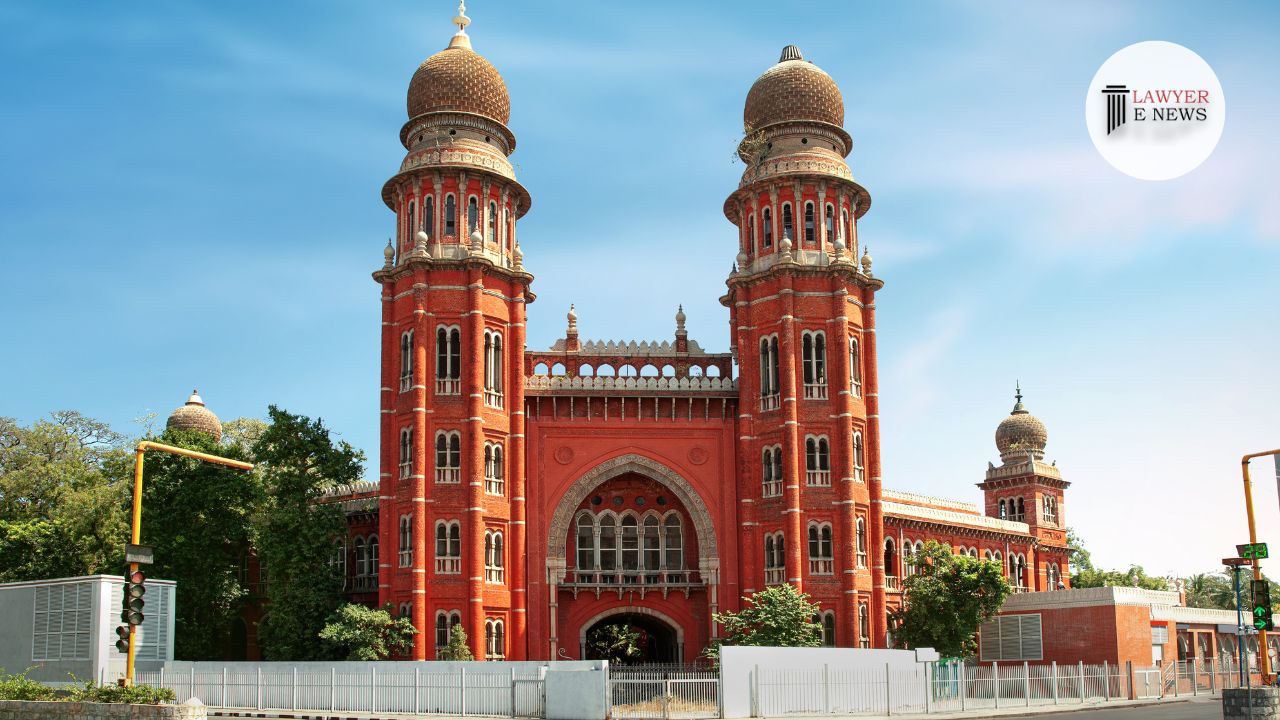-
by Admin
15 February 2026 5:35 AM



High Court emphasizes the necessity of trial to uncover the truth in case involving alleged tampering of recruitment documents and securing a post using forged records.
The Madras High Court has dismissed a criminal original petition filed by R. Pandyan seeking to quash the final report/charge sheet in a case involving the alleged tampering of recruitment examination documents. The judgment, delivered by Honourable Dr. Justice G. Jayachandran, underscores the importance of a full-fledged trial to determine the truth behind the allegations. The case involves charges under Sections 467, 468, and 471 of the Indian Penal Code (IPC) and manipulation of records obtained through the Right to Information (RTI) Act.
The court highlighted the necessity of reliable evidence in cases involving document tampering and forgery. “The manipulated information furnished under the RTI Act enabled the petitioner to secure the post of Sub Inspector of Police,” observed Justice Jayachandran. The statements of witnesses indicated that Pandyan, in his capacity as a Head Constable, had access to the records and influenced the Information Officer to provide false information.
Addressing the issue of the prima facie case, the High Court noted, “The material collected during the investigation makes out a prima facie case to proceed against the petitioner for the offenses under Sections 467, 468, and 471 of IPC.” The court emphasized that the involvement of the petitioner in tampering with documents was supported by witness testimonies, which corroborated the manipulation of records to facilitate his appointment.
The judgment extensively discussed the principles of judicial review in criminal proceedings, particularly in cases involving allegations of forgery and tampering. The court cited the case of Vishnu Kumar Shukla v. State of Uttar Pradesh, highlighting that protection against vexatious prosecution does not apply when there is compelling prima facie evidence. “This case requires a full-fledged trial. Just because the petitioner has filed a writ petition seeking CBCID inquiry against the Selection Committee and the same is pending, it cannot be a reason to hold that the version of the petitioner is true,” stated Justice Jayachandran.
Justice Jayachandran remarked, “The incriminating materials against the petitioner are the manipulated information which was furnished under the RTI Act to enable the petitioner to secure the post of Sub Inspector of Police.” The court further stated, “The judgment cited by the petitioner herein has no application to the facts of the present case.”
The Madras High Court’s decision to dismiss the petition underscores the judiciary’s commitment to uncovering the truth in cases involving serious allegations of document tampering and forgery. By allowing the trial to proceed, the court has reinforced the legal framework ensuring that individuals cannot escape scrutiny through manipulated records. This judgment is expected to have significant implications for future cases involving similar charges, emphasizing the necessity of thorough investigation and trial.
Date of Decision: July 02, 2024
Pandyan v. The Inspector of Police
